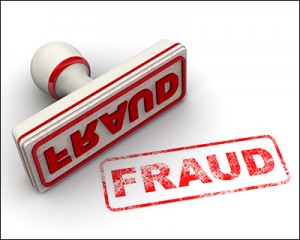Fraud Investigation Saves Millions in New Zealand
By Adam Decker, Marketing –

The New Zealand government conducted a fraud investigation and uncovered $88 million of fraudulent benefit claims.
Following up on reported cases of fraud last year, the New Zealand government conducted an investigation. The findings revealed that $88 million in benefits were given to people who did not qualify.
More than 1,880 welfare recipients with a history of fraud were put on a watch list to ensure there are no new offenses. Authorities wondered how to reduce such a large number of fraudulent claims.
Thousands Caught Filing Fraudulent Claims
One solution, according to Associate Social Development Minister Chester Borrows, was to arrange for collaboration between the Inland Revenue Authority Department and the Ministries of Social Development to keep close watch on claims. That sharing of information resulting in catching thousands of people that were paid welfare benefits while being employed.
Relationship Fraud
Another form of welfare fraud under close watch is relationship fraud. This occurs when someone presents him/herself as single to get sole parent benefit. Over 300 successful prosecutions were conducted with a savings of more than $15 million.
Next, authorities changed the falsifying of the relationship status category to include prosecution of both parents. Early reports indicate that the investigations and prosecutions are having an impact.
$88 Million Lost to Fraud
To date, the organization has conducted 4,614 investigations and successfully prosecuted 893 people. Sadly, more than $88 million were lost because of fraud. Borrows concluded that fraud harms everyone, especially the taxpayer.
How can the government avoid giving tax dollars to people who abuse the system? Subjecting all applicants to intense scrutiny and investigation is impractical but, we there is a need to screen out deceivers who would misrepresent themselves to receive more benefits from welfare.
EyeDetect™ could help reduce this type of fraud. Its deception detection technology is simple and fast, and could quickly point out those trying to cheat the system. If government entities use “unbiased” technology to assist in screening claimants, the truth might flourish.

